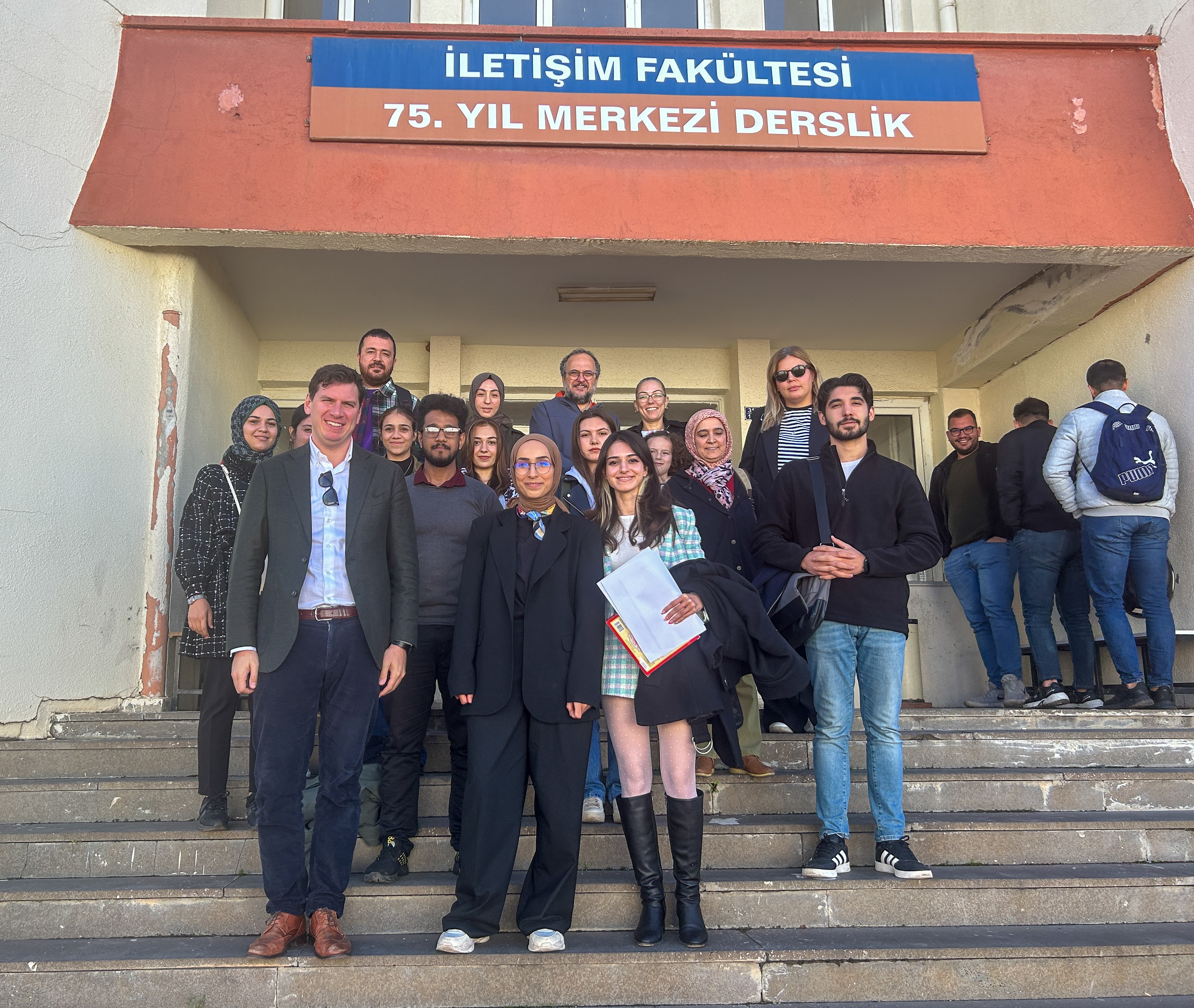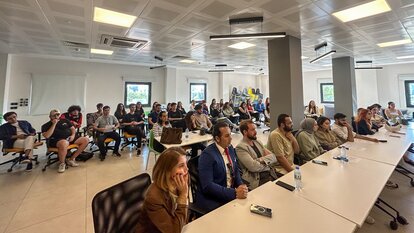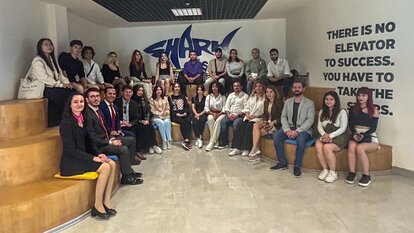EU-Türkiye Relations
Türkiye Training Programme 2023: Anatolia Workshops Phase

The primary objective of the project was to equip Turkish students, aged 18 to 26, from diverse regions of Türkiye with comprehensive knowledge on key thematic priority areas of the EU. These included green energy and environment, foreign policy, polarization, independent institutions, and free media, with a focus on understanding their relevance to Türkiye and EU-Türkiye relations.
Distinguished experts, including Can Selçuki, Founder of Istanbul Economics Research, Akın A. Çilekoğlu, Sustainability and Climate Policy Consultant, and Beşire Korkmaz, Editor at Teyit, shared their insights during the workshops. The discussions covered a range of topics, such as The Future of European Union and Türkiye Relations, Renewable Energy in the Context of EU-Türkiye Relations, and the significance of Independent Institutions in Times of Polarisation and fake news.
The inaugural workshop, held at Çukurova University on November 13, Can Selçuki engaged students in a thought-provoking discussion on the future of EU-Türkiye relations and the perceptions of Turkish youth. The session delved into topics like young people’s priorities today, the inseparability of EU-Türkiye relations, and the future outlook beyond Türkiye’s accession, contemplating economy and security.

On November 15, Akın A. Çilekoğlu captivated students with insights into Renewable Energy in the Context of EU-Türkiye Relations, sparking high interest and numerous questions in the renewable energy sector. The enthusiastic engagement of Turkish students reflected a growing interest in sustainability, emphasizing their keen awareness of the pivotal role renewable energy plays in shaping the future of both Türkiye and its relations with the European Union.
The final workshop on November 17, hosted at Gaziantep University by the ENC and FNF office in Türkiye, featured Beşire Korkmaz as the keynote speaker. She shed light on the critical role of independent institutions in times of polarisation and fake news and disinformation on Syrian refugees. The subsequent discussion involved students actively engaging in questions related to disinformation and ongoing research on polarisation.
These university workshops not only served as platforms for valuable dialogue but also fostered collaboration between EU and Turkish professors and students. The lively discussions underscored the significance of such training programs, emphasizing the need for sustained communication, collaboration, and knowledge-sharing across societal, political, economic, and academic realms. The success of these events encourages further joint initiatives to fortify the relations between the EU and Türkiye.

